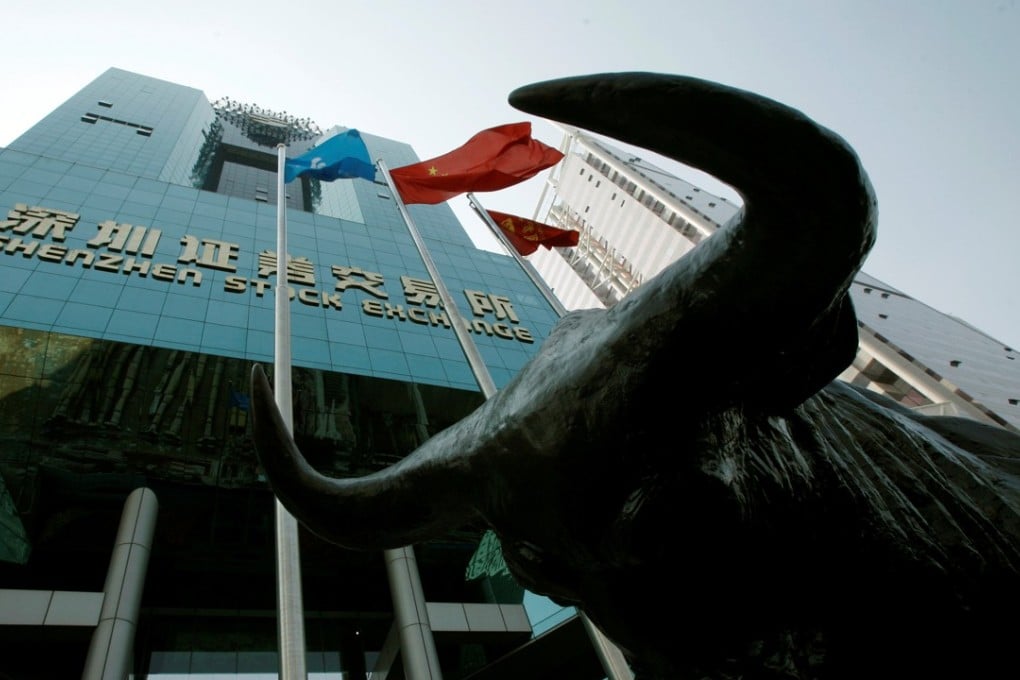
China’s small-cap stocks may drop further as efforts by policymakers to curb the overseas buying spree by domestic corporates are exposing the weakness of their financials, analysts said.
Shenzhen’s tech-focused ChiNext index is stabilising near a 30-month low after nearly 500 stocks fell by their daily limit of 10 per cent on the Shanghai and Shenzhen stock exchanges early last week in what analysts dubbed as “Black Monday”. The price to earnings ratio for the ChiNext index has dropped to 47 times from a peak of 145 times in 2015, according to data on the Shenzhen exchange’s website.
The slide in the ChiNext comes after the central government late last year tightened its grip on investments abroad as part of a crackdown on riskier forms of fund raising. On Monday, the official Xinhua news agency said following a meeting by the Communist Party’s top decision-making body the Politburo, chaired by President Xi Jinping, that China will strengthen coordination of financial regulation, stabilise the property market and prevent systemic financial risks.
China’s leading corporations including Dalian Wanda Group, Anbang Insurance, HNA and Fosun International – which had in recent years undertaken a spending spree overseas in line with the government’s “Going Out” policy and internationalisation initiatives – have now come under increasing regulatory scrutiny.
But the crackdown is hurting small firms that have done overseas acquisitions even more because they are unable to meet growth targets promised when the deals were made, resulting in goodwill impairments in company financials and triggering worries over their earnings outlook, analysts said.
